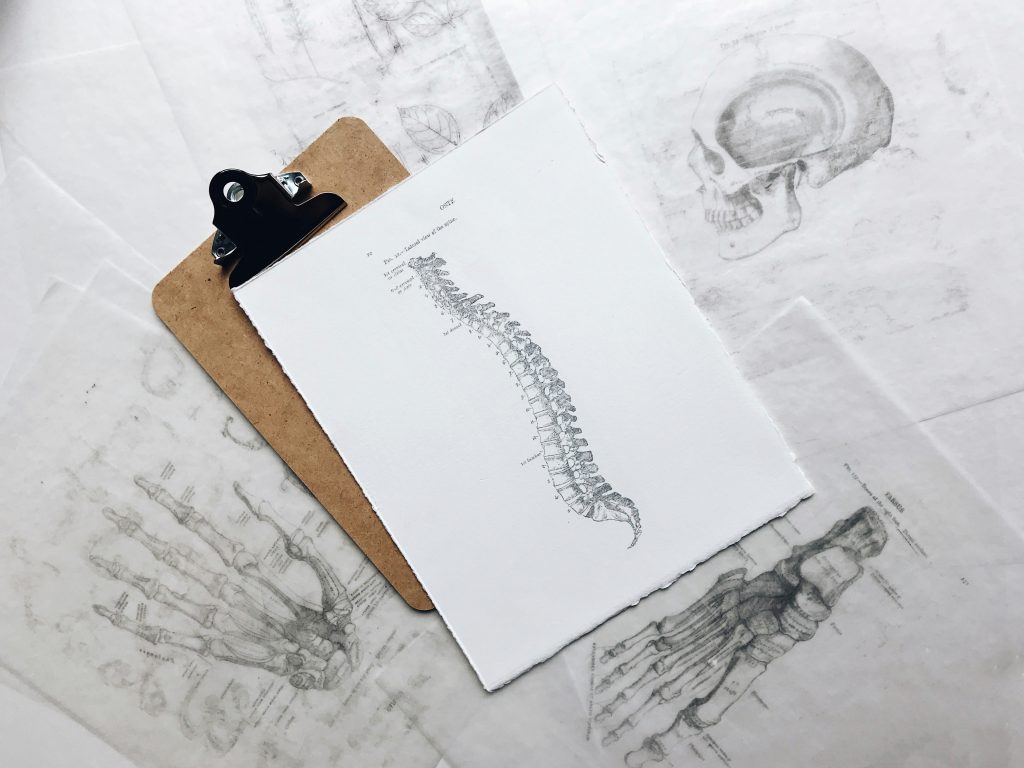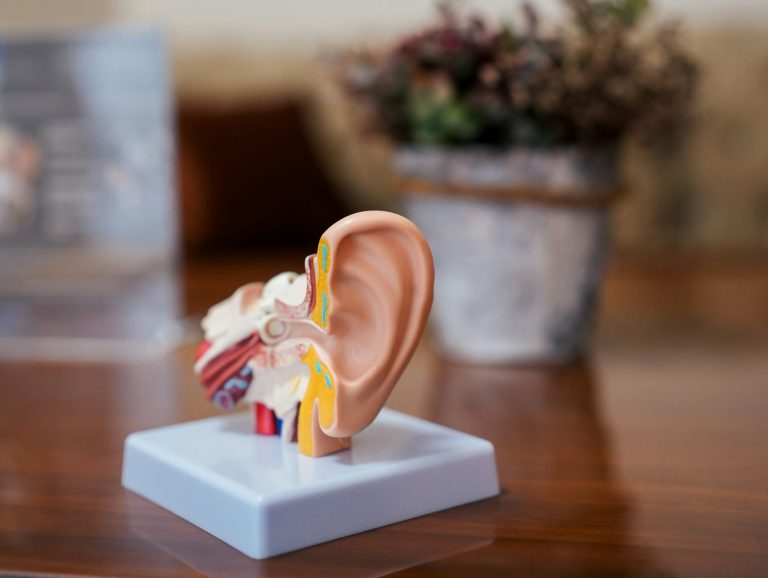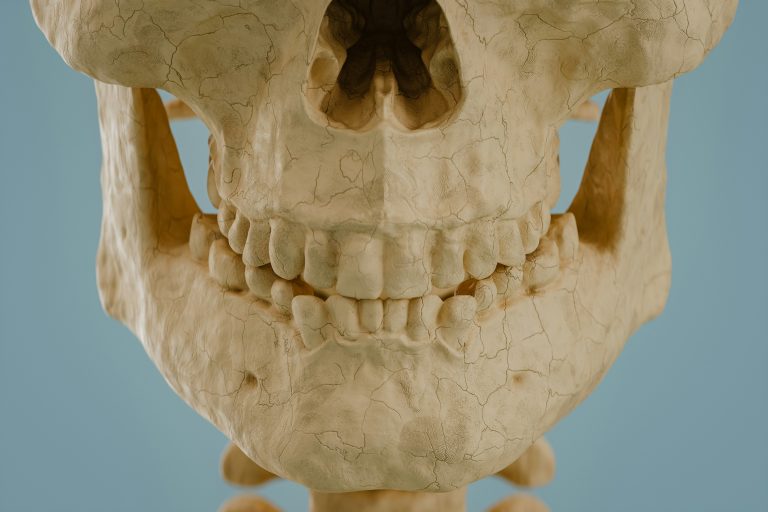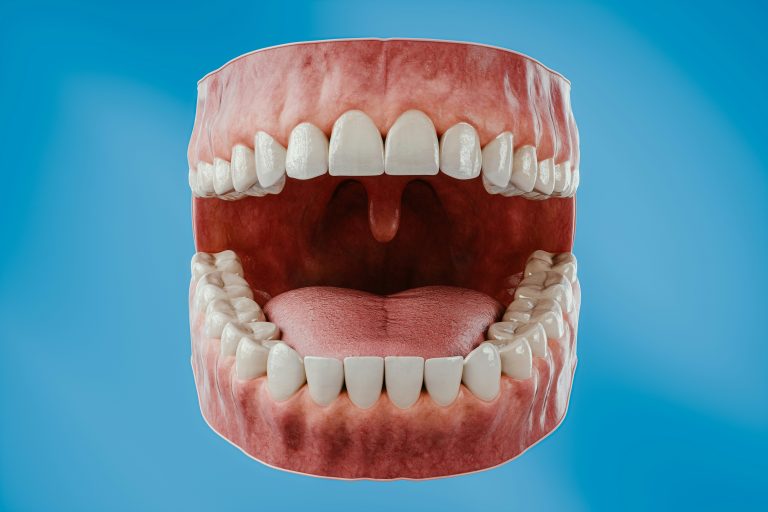Everyone knows the feeling: after a hard day, your back feels heavy, tense and sometimes even painful. It's no coincidence. Visit stress and psychological factors play a major role in the onset and persistence of back pain. It's not all in your head, these pains are very real and result from complex mechanisms between the brain, the nervous system and the muscles.
In this article, we explain how the psychological influences the back, what the consequences are and how to regain balance through appropriate treatment.

How does stress affect the back?
Stress activates the nervous system, in particular the "cortisol-adrenaline" axis, designed to prepare the body to react. In the short term, this is useful: muscles contract to react more quickly. But when stress becomes chronicleThis contraction is prolonged and causes :
- a muscle stiffnessespecially in the trapezius, neck and lumbar region,
- from painful contractures that keep the tension alive,
- a altered posture because the body unconsciously adopts protective positions.
The back then becomes a receptacle for accumulated emotional tension.
Other psychological factors linked to back pain
In addition to stress, other psychological factors are recognised as aggravating or triggering symptoms:
- Anxiety It increases the perception of pain and promotes muscular tension.
- Depression back pain: often associated with physical fatigue and reduced activity, it weakens the back.
- Burn-out It is a real physical and mental collapse, often resulting in chronic back pain.
- Emotional trauma They can leave a lasting physical imprint, with the body "remembering" tensions.
These factors are not isolated: they feed off each other and explain why some lower back pain persists despite reassuring medical examinations.

What impact do stress and anxiety have on back pain?
The impacts are numerous and affect many aspects of life:
- Chronic pain Stress-related back pain tends to last longer than a simple mechanical blockage.
- Reduced mobility Tension limits movement, leading to a vicious circle: the less you move, the more pain you feel.
- Sleep disorders Pain and anxiety feed off each other, leading to fatigue and hypersensitivity.
- Psychological repercussions Living with ongoing pain generates frustration, irritability and sometimes a feeling of powerlessness.
- Social isolation Some patients avoid activities, sport or even going out for fear of reawakening the pain.
Clearly, back pain of psychological origin is not limited to the body: it affects the quality of life as a whole.
How can stress-related back pain be treated?
An effective approach often combines several dimensions:
1. Body care
- Osteopathy and physiotherapy To release muscular tension and improve mobility.
- Gentle physical activity Walking, yoga, swimming and pilates help to restore flexibility and reduce tension.
2. Stress management
- Breathing techniques and relaxation To calm the nervous system.
- Meditation or mindfulness The following are useful for reducing anxiety and managing pain more effectively.
- Cognitive and behavioural therapies (CBT) They help to change the perception of pain and break psychological vicious circles.
3. Healthy living
- A good night's sleep, a balanced diet and a balance between work and rest are all conducive to recovery.

Can these pains really be prevented?
Yes, you can reduce the impact of stress on your back by adopting a few simple habits:
- Avoid a sedentary lifestyle by incorporating active breaks into your day.
- Learn to spot your warning signs (stiffness, tension in the shoulders).
- Take time out for relaxing activities (sport, leisure, meditation).
In a nutshell
Le stress-related back pain is not inevitable. Understanding that psychological factors can aggravate, trigger or maintain pain is an essential first step. By combining care With the help of physical therapy (osteopathy, physiotherapy, exercise) and better stress management, it is possible to break the vicious circle and regain a more supple back and a more serene life.






